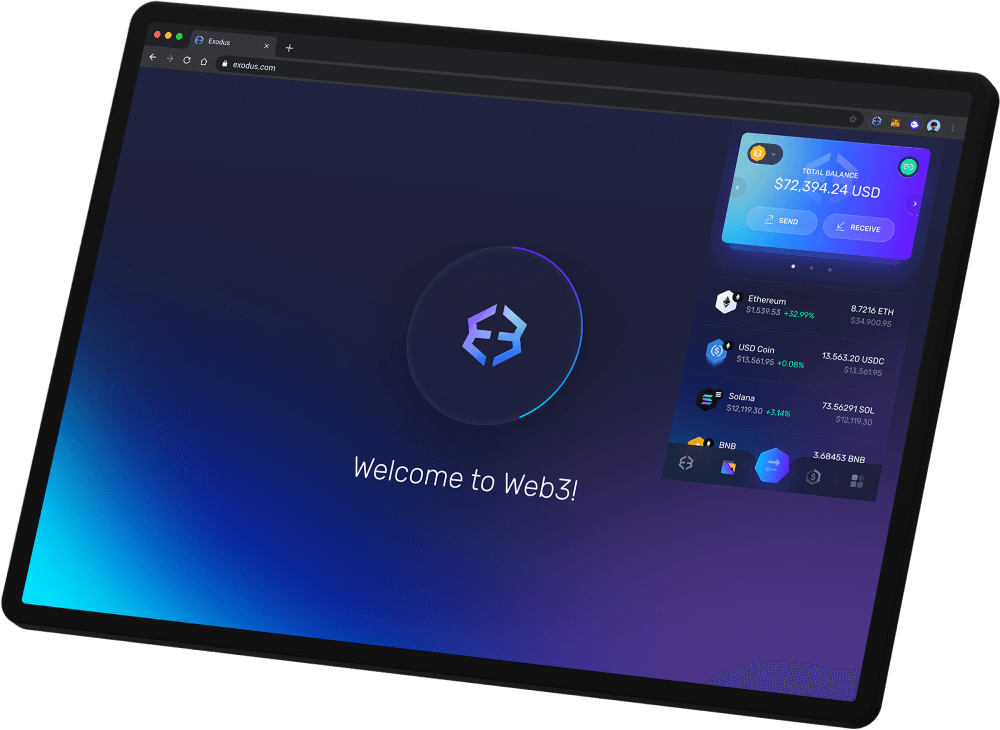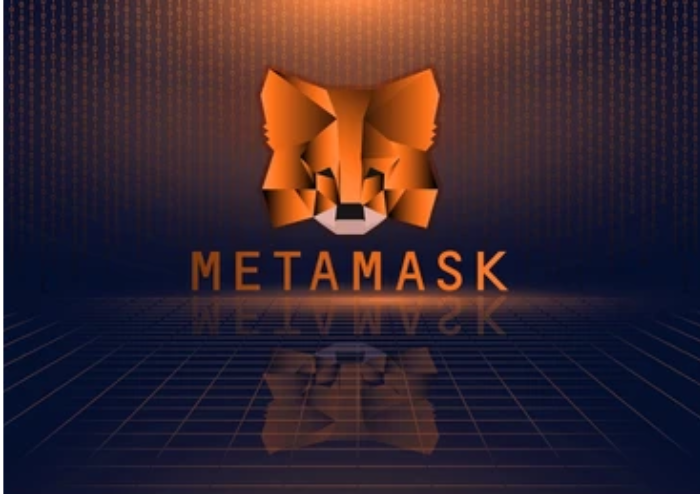How To Choose A Cryptocurrency Wallet
In the evolving landscape of digital finance, determining the best cryptocurrency wallet is paramount to safeguarding our investments.
This article, “How To Choose A Cryptocurrency Wallet,” provides a comprehensive analysis of the various types of wallets available, including hardware, software, and paper wallets.
We explore the key features and security considerations that one must evaluate when selecting a wallet.
Additionally, we delve into the usability and convenience factors that can significantly impact our experience as cryptocurrency holders.
By understanding these critical aspects, we can make informed decisions that protect our assets and optimize our participation in the digital economy.
Have you ever found yourself overwhelmed with options when trying to choose the right cryptocurrency wallet?
With the burgeoning world of digital assets, selecting the appropriate wallet has never been more pertinent.
Our goal is to navigate the sea of choices and provide a comprehensive guide to help you make an informed decision.

What is a Cryptocurrency Wallet?
A cryptocurrency wallet is a digital tool that allows us to store, manage, and transact with our digital currencies.
Unlike traditional wallets that hold physical cash, crypto wallets store digital keys corresponding to our digital currency holdings.
Types of Cryptocurrency Wallets
Cryptocurrency wallets broadly fall into two categories: hot wallets and cold wallets.
Understanding these categories is fundamental to making the right choice.
How To Choose A Cryptocurrency Wallet: Hot Wallets
Hot wallets are connected to the internet, making them user-friendly and suitable for frequent transactions.
However, their online nature also exposes them to certain risks.
Types of Hot Wallets
1. Online Wallets
- Browser-Based Wallets: These are accessible through internet browsers. Examples include MetaMask and MyEtherWallet.
- Mobile Wallets: Apps that can be downloaded to smartphones. Examples include Coinomi and Trust Wallet.
- Desktop Wallets: Software installed on a desktop or laptop. Examples include Exodus and Electrum.
2. Custodial vs. Non-Custodial
- Custodial Wallets: Managed by third-party services like exchanges (e.g., Coinbase, Binance).
- Non-Custodial Wallets: Give us full control over our private keys (e.g., MetaMask, Trust Wallet).
New Update: How To Choose A Cryptocurrency Wallet Video
Pros and Cons of Hot Wallets
| Hot Wallet Type | Pros | Cons |
|---|---|---|
| Browser-Based | Convenient, easy access | Vulnerable to hacks, phishing attacks |
| Mobile | Portable, convenient for on-the-go use | Risk of losing access if the device is lost |
| Desktop | Stronger security controls | Less convenient, potential malware threats |
| Custodial | Easy onboarding, recovery options | Less control over assets, reliance on third-parties |
| Non-Custodial | Full control over private keys | Requires responsible key management |
How To Choose A Cryptocurrency Wallet Video
Cold Wallets
Cold wallets are offline storage devices not connected to the internet, offering a higher level of security.
Types of Cold Wallets
1. Hardware Wallets
Devices specifically designed to secure digital assets.
Examples include Ledger Nano S and Trezor.
2. Paper Wallets
Physical pieces of paper with printed keys.
Although obsolete and risky, some still use them for long-term storage.
Pros and Cons of Cold Wallets
| Cold Wallet Type | Pros | Cons |
|---|---|---|
| Hardware | High security, protection from online threats | Initial cost, requires secure physical storage |
| Paper | Extremely secure if well kept | High risk if lost or damaged, inconvenient |
Assessing Your Needs
Before choosing a cryptocurrency wallet, it’s crucial to assess our specific needs and preferences.
Let’s consider some key factors:
Frequency of Transactions
If we make frequent transactions, a hot wallet might be more suitable due to its ease of access and user-friendly interface.
Conversely, for long-term storage, a cold wallet could be more appropriate due to its enhanced security.
Security Concerns
Security should always be a paramount consideration. If we prioritize security over convenience, a cold wallet would be the superior choice.
However, individuals comfortable with managing private keys and taking extra precautions might find hot wallets acceptable for their needs.
Type of Cryptocurrencies
Some wallets support specific cryptocurrencies.
It is crucial to verify if the wallet we are considering supports all the digital assets we intend to store.
User Experience
An intuitive and user-friendly interface can make a significant difference.
Whether we are beginners or experienced users can influence our choice heavily.
Cost
There are both free and paid options.
Hardware wallets, for instance, have an upfront cost, while most hot wallets are free but require careful handling.

Popular Cryptocurrency Wallets
With several options available in the market, let’s explore some popular wallets across different categories.
Popular Hot Wallets
- MetaMask
MetaMask is a non-custodial browser-based and mobile wallet that supports various Ethereum-based tokens. Its ease of use and integration with decentralized applications (dApps) make it a popular choice. - Coinbase Wallet
An extension of the Coinbase exchange, Coinbase Wallet is available on both web and mobile platforms and supports a variety of cryptocurrencies. It is user-friendly and provides robust security features. - Trust Wallet
Trust Wallet is a mobile non-custodial wallet that supports a wide range of cryptocurrencies. It is known for its user-friendly interface and robust security. - Exodus
Exodus is a desktop and mobile wallet known for its visually appealing interface and user experience. It supports multiple cryptocurrencies and includes exchange capabilities.
Popular Cold Wallets
- Ledger Nano S/X
Ledger Nano series hardware wallets are highly regarded for their security features and support for a wide range of cryptocurrencies. They are simple to use and provide an offline storage solution. - Trezor
Another leading hardware wallet, Trezor offers robust security, supports multiple cryptocurrencies, and includes a user-friendly interface. - Ellipal Titan
The Ellipal Titan is an air-gapped hardware wallet offering high security by ensuring no direct connection to the internet. It is durable and supports a wide range of coins.
Wallet Comparison Table
| Wallet | Type | Custodial/Non-Custodial | Supported Cryptocurrencies | Security | Platform |
|---|---|---|---|---|---|
| MetaMask | Hot (Browser/Mobile) | Non-Custodial | Ethereum + ERC20 tokens | Good | Browser, iOS, Android |
| Coinbase Wallet | Hot (Browser/Mobile) | Custodial | Multiple | Good | Browser, iOS, Android |
| Trust Wallet | Hot (Mobile) | Non-Custodial | Multiple | Good | iOS, Android |
| Exodus | Hot (Desktop/Mobile) | Non-Custodial | Multiple | Good | Windows, Mac, Linux, iOS, Android |
| Ledger Nano S/X | Cold (Hardware) | Non-Custodial | Multiple | Excellent | USB (PC), Bluetooth (Mobile) |
| Trezor | Cold (Hardware) | Non-Custodial | Multiple | Excellent | USB (PC), MicroSD |
| Ellipal Titan | Cold (Hardware) | Non-Custodial | Multiple | Excellent | Camera-based QR code, No USB/Bluetooth connection |
Regulatory and Compliance Considerations
Another crucial aspect is understanding the regulatory and compliance landscape.
While selecting a wallet, we must ensure it adheres to legal standards in our jurisdiction.
This is particularly important for custodial wallets that need to comply with anti-money laundering (AML) and know your customer (KYC) regulations.
Importance of Compliance
- Security of Funds
Regulatory compliance ensures our funds’ safety, as regulated entities are required to follow stringent security protocols. - Legal Protections
Using compliant services can provide legal recourse in case of disputes or loss of funds. - Future-Proofing
As regulatory landscapes evolve, compliant wallets are more likely to adapt without interrupting our access to funds.
Steps to Enhanced Security
When it comes to cryptocurrency, we cannot overemphasize the importance of security.
Here are a few additional steps to bolster the security of our chosen wallet:
Enable Two-Factor Authentication (2FA)
Enabling 2FA adds an extra layer of security to our accounts by requiring a second form of verification in addition to the password.
Backup and Recovery
Backing up our wallet is crucial. Many wallets offer a recovery phrase or seed phrase that can be used to recover our funds in case of loss or technical issues.
Regular Software Updates
Ensuring our wallet software is up-to-date protects us against potential security vulnerabilities and exploits.
Avoiding Public Wi-Fi for Transactions
Using unsecured public Wi-Fi networks can expose us to potential hacking attempts.
It is better to use private, secured networks for transactions.
Evaluating Customer Support
When selecting a wallet, customer support plays a crucial role.
Quality support can assist us in navigating issues and provide peace of mind.
What to Look For in Customer Support
- Availability
How easy is it to reach support? Are multiple channels (email, chat, phone) available? - Response Time
How quickly does the support team respond to queries? - Documentation
Comprehensive guides, FAQs, and tutorials can be of immense help in troubleshooting issues on our own.
Evaluating Customer Reviews
Before finalizing our choice, it’s always wise to check customer reviews and ratings.
Reviews can provide real-world insights into the wallet’s performance and reliability.
How To Choose A Cryptocurrency Wallet Conclusion
How To Choose A Cryptocurrency Wallet: choosing the right cryptocurrency wallet involves understanding our specific needs, be it security, usability, or supported cryptocurrencies.
Whether we opt for a hot wallet for daily use or a cold wallet for long-term storage, making an informed decision is essential.
By weighing the pros and cons and considering factors like security, regulatory compliance, and customer support.
We can secure our digital assets effectively and confidently navigate the world of cryptocurrency.
Final Thoughts
The cryptocurrency space continues to evolve, and staying informed is our best defense.
Regularly reviewing and updating our knowledge about wallets and security measures will serve us well in the long run.
Our digital assets deserve the best protection, and choosing the right wallet is the first step.







